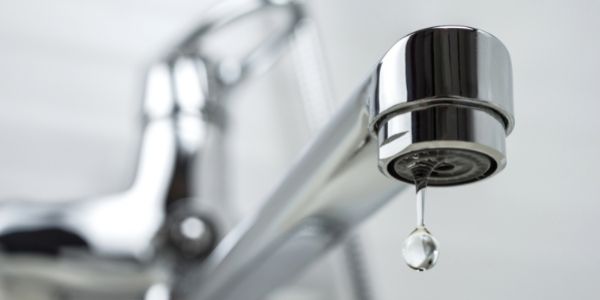
News of the harmful effects of nitrates in water has spread by now, but many people are still unaware of the dangerous health consequences they may face from it. In an effort to help you recognize the signs of nitrate, here are the most common harmful effects of nitrates in your water supply.
What Is Nitrate, and Where Does It Come From?
Nitrogen is a naturally occurring essential component of living organisms. It forms nitrate when it combines with oxygen and ozone. Animal dung, human sewage waste, and commercial fertilizers all contain nitrate. Septic systems are linked to nitrates and nitrites, which have been employed as fertilizers, explosives, and food preservatives for ages.
When Does Nitrate in Drinking Water Become a Health Concern?
Nitrate concentrations of up to 2 mg/L are found in surface water and groundwater. Nitrate is not detrimental to health at these naturally occurring levels. In fact, the Environmental Protection Agency (EPA) has set the safe drinking water standard (also known as the maximum contamination level) for nitrate at 10 mg/L. If your water contains more than 10 mg/L of nitrates, you should switch to bottled water immediately.
What Effect Does Nitrate Have on My Health?
Nitrate can be harmful to your health. Drinking water with high nitrate levels can cause health problems such as methemoglobinemia, often known as “blue baby syndrome” in small children. This occurs when nitrate reduces the blood’s capacity to carry oxygen. This can happen in newborns who receive baby formula combined with water with nitrate levels above 10 mg/L. Recurrent respiratory infections, thyroid dysfunction, negative reproductive outcomes such as spontaneous abortion, and certain cancers such as stomach or bladder cancer are all possible side effects of consuming too much nitrate.
We hope our article on the most common harmful effects of nitrates in your water has helped you understand how these chemicals can harm you and your family. If you’re looking for a way to purge your home’s water supply of these toxins, be sure to check out the most common types of home water filtration systems.

